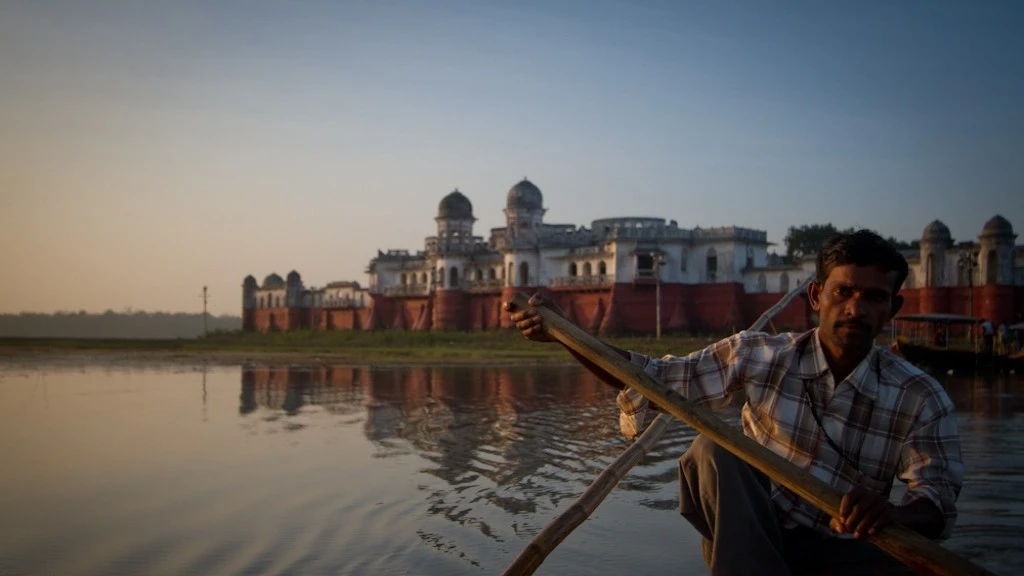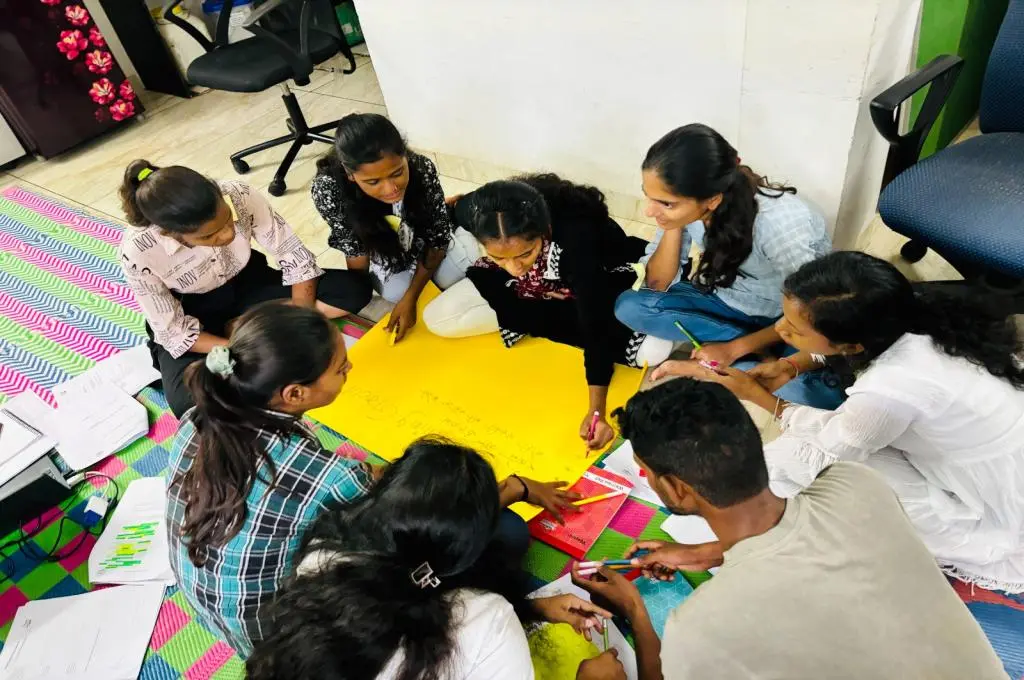Tripura’s 2016 literacy assessment survey recorded a state literacy rate of 97.22 percent—the highest in India. However, a breakdown of this data to understand Tripura’s education infrastructure and post-education employment opportunities reveals a far more complex picture.
As a young graduate who studied and is now employed in Tripura, I have come to realise that finding quality educational institutions and jobs in different sectors is a challenge. To understand how limited resources and opportunities in Tripura shape aspirations, I spoke with students and young professionals across the state.
Young dreams meet a limited public education system
Despite the high number of government schools in Tripura, parents still prefer private schools; there’s a perception that private education is better. Samwel Debbarma, a biomedical engineering student at NIT Agartala, notes, “My parents wanted the best education for me. They also wanted me to learn English. Most schools in West [Tripura] district where we lived used Bengali as their medium of instruction. So they enrolled me in one of Tripura’s top private schools, which was expensive. Additionally, the school was a bit far with no public transportation available—this made the daily commute challenging.”
Samwel hopes to pursue postgraduate studies but he feels that there are few good institutions in the state that align with his aspirations. “I want to study at an IIT or NIT outside Agartala because they offer better facilities, infrastructure, and research opportunities compared to what’s available here.”
Tanashree Singha, PhD scholar in botany at Tripura University, sheds light on the significant challenges in accessing higher education within Tripura. “There is intense competition due to the limited number of seats. When I completed my bachelor’s degree, I was determined to pursue a master’s in botany. Unfortunately, only one institute in the entire state—Tripura University—offers this subject at the postgraduate level. At that time, there were fewer than 30 seats available for the course.”
Not everyone has the means to migrate. “A lot of students, including myself, come from middle-class or lower-middle-class backgrounds. Many families simply cannot afford to send their children to other states or to private institutions for higher education. It is crucial to establish more government institutes across the state, so that students can access higher education without facing financial hardship. Only then can the vision of education for all be realised,” says Tanashree.
Search for the elusive government job
For young people in Tripura, government jobs remain the most viable career option due to perceived job security and concerns about lower pay in the private sector. As a result, many master’s degree holders apply for clerical and Group D (support staff) jobs in the government sector despite being overqualified.
Priya Sinha* from Unakoti district completed her bachelor’s degree in physics from a government degree college, followed by a BEd from a private institution in Agartala in 2020. Priya works at a private school, and like many others in the state, she is currently preparing for government job exams while supporting herself. Reflecting on the employment landscape in Tripura, Priya says, “I doubt whether any sector other than the government offers substantial employment opportunities in our state. If we don’t get a government job, we are left with very few options that provide job security. Many youths have migrated to other states for employment, but I want to stay here. That’s why I’m preparing for a government job [exam].”
One major reason for the inclination towards government jobs among young people is the lack of alternative opportunities in the field of their choice. Hansatanu Roy, an alumnus of Dibrugarh University from North Tripura district, shares that his interest in science, research, and conservation led him to seek avenues for skill development in biodiversity protection and documentation. But he had trouble finding relevant opportunities in the state. “In Tripura, I couldn’t find an ongoing project related to these fields.” He then got involved with the Green Hub Fellowship, an environmental film-making programme based in Tezpur, Assam. Hansatanu’s experience highlights a significant challenge for young individuals who are passionate about specific fields but have limited options within Tripura.

The language and grammar of migration
A lack of opportunities isn’t the only reason driving interstate migration from Tripura; the state’s linguistic and cultural diversity also plays a role.
The Tripura Board of Secondary Education uses Bengali and English as its official languages. However, this creates a barrier to accessing education for the state’s significant tribal population. MK Darngawn, co-founder of Zamzo, a nonprofit based in Jampui Hills, elaborates, “Many students from Jampui prefer to go outside of Tripura to neighbouring states for higher studies. They move to Shillong in Meghalaya or Aizawl in Mizoram. The primary reason is that schools in Jampui are English-medium, whereas in most colleges in the state, teachers instruct in Bengali.”
Familial ties also influence students’ choices. MK Darngawn explains, “Most of the people from Jampui belong to the Mizo community. They have many relatives in Aizawl, so they prefer to study there—they speak the same language and can stay with family.”
Tiny steps towards entrepreneurship
Of late, however, there have been some positive developments in Tripura. MK Darngawn observes, “Right now, many young people are starting to pursue higher education within the state. In the past, only those with money could access education because migrating elsewhere was somewhat necessary—but not anymore. The establishment of the Government Degree College in Kanchanpur, North Tripura, has made higher education accessible to many students from economically underprivileged backgrounds as well.”
Furthermore, she notes a shift in career aspirations in the Jampui Hills. “Young people are also starting small-scale businesses, such as bakeries and piggeries, to generate employment in the region. Our organisation [Zamzo] has conducted workshops in collaboration with the government to encourage youth to pursue entrepreneurship.”
However, MK emphasises the need for more targeted workshops that delve into specific business ideas relevant to the Jampui region. She adds, “I’ve seen the passion among entrepreneurs in Jampui. While financial support is undoubtedly important, it needs to be coupled with comprehensive workshops and training. Jampui Hills is home to Vanghmun, the cleanest village in Tripura, which indicates that there is a potential for tourism. Unfortunately, the lack of viable business ideas and proper training remains a major hurdle in the region.”
Tripura’s young generation is ambitious and driven, yet it faces significant obstacles in accessing quality education and diverse career opportunities within the state. Addressing these challenges requires greater investment in higher education, the establishment of more accessible institutions, and the creation of varied employment avenues. These steps are critical to nurturing the aspirations of Tripura’s youth and ensuring a brighter future for the state.
*Name changed to maintain confidentiality.
—





